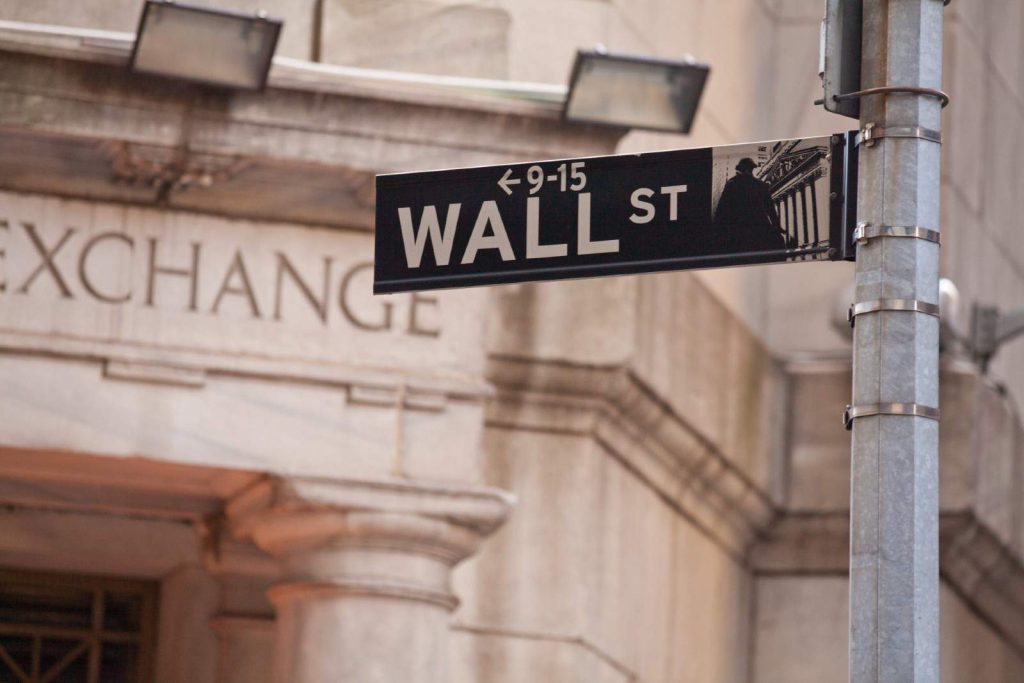Why are some industry experts fearing a stock market crash (and what to do)?


The S&P 500 recently smashed through 6,400 points. Over in the UK, the FTSE 100 has cruised past 9,000. Champagne corks are popping. Headlines are giddy. But beneath all that market euphoria, a few warning bells are starting to ring – and some of them are getting louder.
That’s because many shares now look seriously overvalued, particularly across the pond. Artificial intelligence (AI) stocks have led the charge, but there’s growing chatter that the rally’s running out of steam. Even Wall Street royalty’s getting twitchy.
What’s the worry?
Earlier this year, JP Morgan Chase CEO Jamie Dimon – a man who doesn’t exactly throw around words like ‘crash’ lightly – voiced concern about rising inflation and economic drag. His fear? That tariffs, debt and tightening financial conditions could choke off growth.
He’s not alone. Several top investors have been quietly trimming positions, nervous that the post-Covid boom might be on borrowed time. And with US trade tensions heating up again – particularly with China and Europe – the road ahead could get bumpy.
Meanwhile, the AI boom, which has fuelled huge gains in 2023 and 2024, is starting to wobble. Not that I think AI’s going away but the hype cycle might be peaking, and if that bubble bursts, some stocks could tumble fast.
So what can investors do?
Preparation’s key and one option is to try to pick the winners and dodge the flops. But timing the market is notoriously difficult and one bad trade can wipe out years of careful planning. During market dips, certain sectors can suffer more than others, so having investments spread over multiple areas can help reduce risk.
That’s why cautious investors may want to consider a diversified tech-focused investment trust like JP Morgan American Investment Trust (LSE: JAM).
This fund’s quietly doubled in value over the past five years, rising 113% and outperforming the S&P 500 in the process. The ongoing charge is a modest 0.35%, and gearing is a fairly conservative 5%, meaning it’s not overexposed to risk.
JAM’s top holdings read like a Silicon Valley who’s who: Amazon, Microsoft, Nvidia, Apple, Broadcom, Meta. All the big hitters, neatly wrapped into a single trust.
Its sector breakdown is tech-heavy (28%), but also includes finance (18.5%), consumer cyclical (15%), healthcare (10%), and industrials (10%). That kind of spread helps cushion the blow if one area takes a hit.
Any downsides?
However, almost all of the fund’s assets are in North America, with less than 0.1% elsewhere. That kind of regional concentration carries risk, especially if US markets hit a wall. And while its tech focus is a strength during a boom, it could be a weakness in a slump.
Still, compared to betting the house on a single frothy AI stock, it offers far more stability.
Nobody knows for sure when the next stock market crash will hit but signs are mounting that caution’s warranted. Spreading investments across diversified funds like this could be one way to weather the storm while still maintaining exposure to growth.
In uncertain times, a bit of balance can go a long way.
The post Why are some industry experts fearing a stock market crash (and what to do)? appeared first on The Motley Fool UK.
More reading
- Here’s the latest forecast for Rolls-Royce shares
- This 79p penny share is up 66% year to date! Time to buy?
- Meet the £2 UK tech stock that’s forecast to outperform Nvidia, Tesla and Palantir over the next 12 months
- Here’s what the new 15% sales tax could mean for Nvidia stock
- Here are the latest share price forecasts for Rolls-Royce, BAE Systems and Babcock International
JPMorgan Chase is an advertising partner of Motley Fool Money. Mark Hartley has no position in any of the shares mentioned. The Motley Fool UK has recommended Amazon, Apple, Meta Platforms, Microsoft, and Nvidia. Views expressed on the companies mentioned in this article are those of the writer and therefore may differ from the official recommendations we make in our subscription services such as Share Advisor, Hidden Winners and Pro. Here at The Motley Fool we believe that considering a diverse range of insights makes us better investors.





